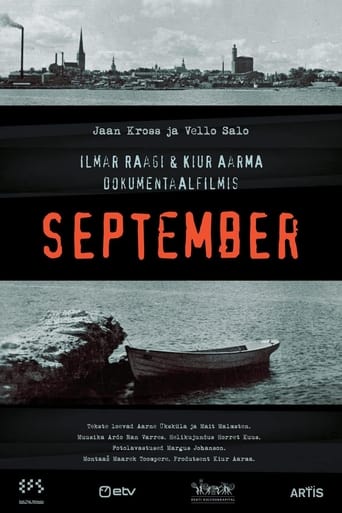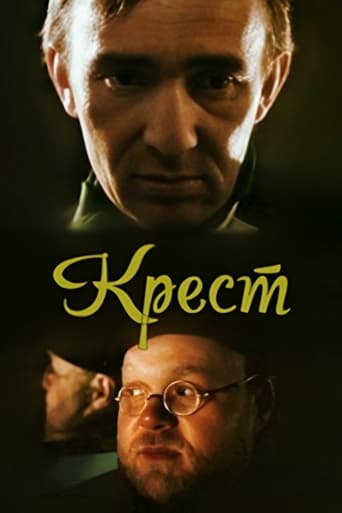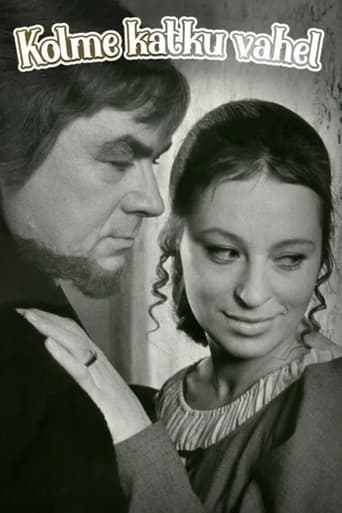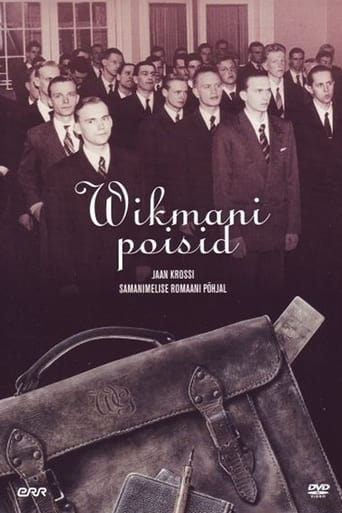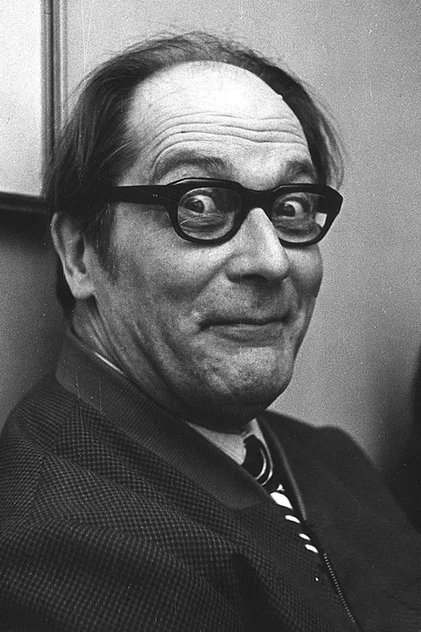
Jaan Kross
Jaan Kross (February 19, 1920 – December 27, 2007) was an Estonian writer. He won the 1995 International Nonino Prize in Italy. Born in Tallinn, Estonia, son of a skilled metal-worker, Jaan Kross studied at Jakob Westholm Gymnasium, and attended the University of Tartu (1938–1945) and graduated from its School of Law. He taught there as a lecturer until 1946, and again as Professor of Artes Liberales in 1998. In 1940, when Kross was 20, the Soviet Union invaded and occupied the three Baltic countries: Estonia, Latvia and Lithuania; imprisoned and executed most of their governments. In 1941, Nazi Germany invaded and took over the country. Kross was first arrested by the Germans for six months in 1944 during the German occupation of Estonia (1941–1944), suspected of what was termed "nationalism", i.e., promoting Estonian independence. Then, on 5 January 1946, when Estonia had been reconquered by the Soviet Union, he was arrested by the Soviet occupation authorities who kept him a short while in the cellar of the local NKVD headquarters, then kept him in prison in Tallinn, finally in October 1947, deporting him to a Gulag camp in Vorkuta, Russia. He spent a total of eight years in this part of North Russia, six working in the mines at the labour camp in Inta, then doing easier jobs, plus two years still living as a deportee, but not in a labour camp. Upon his return to Estonia in 1954 he became a professional writer, not least because his law studies during Estonian independence were now of no value whatsoever, as Soviet law held sway. At first Kross wrote poetry, alluding to a number of contemporary phenomena under the guise of writing about historical figures. But he soon moved to writing prose, a genre that was to become his principal one. Kross was by far the most translated and nationally and internationally best-known Estonian writer. He was nominated several times for the Nobel Prize in Literature during the early 1990s. He received the honorary title of People's Writer of the Estonian SSR (1985) and the State Prize of the Estonian SSR (1977). He also held several honorary doctorates and international decorations, including the highest Estonian order and one of the highest German orders. In 1999 he was awarded the Baltic Assembly Prize for Literature. In 1990 Kross won the Amnesty International Golden Flame Prize. He won the 1995 International Nonino Prize in Italy. He was reportedly nominated several times for the Nobel Prize in Literature during the early 1990s. Because of Kross' status and visibility as a leading Estonian author, his works have been translated into many languages, but mostly into Finnish, Swedish, Russian, German, and Latvian. This is on account of geographical proximity but also a common history (for example, Estonia was a Swedish colony in the 17th century and German was the language of the upper échelons of Estonian society for hundreds of years). As can be seen from the list below by the year 2015 there are five books of Kross' works that have been published in English translation with publishing houses in the United States and UK. But a number of shorter novels, novellas, and short-stories were published during Soviet rule (i.e. 1944–1991) in English translation and published in the Soviet Union.
- Naslov: Jaan Kross
- Priljubljenost: 0.001
- Znan po: Writing
- Rojstni dan: 1920-02-19
- Kraj rojstva: Tallinn, Estonia
- Domača stran:
- Poznan tudi kot:

